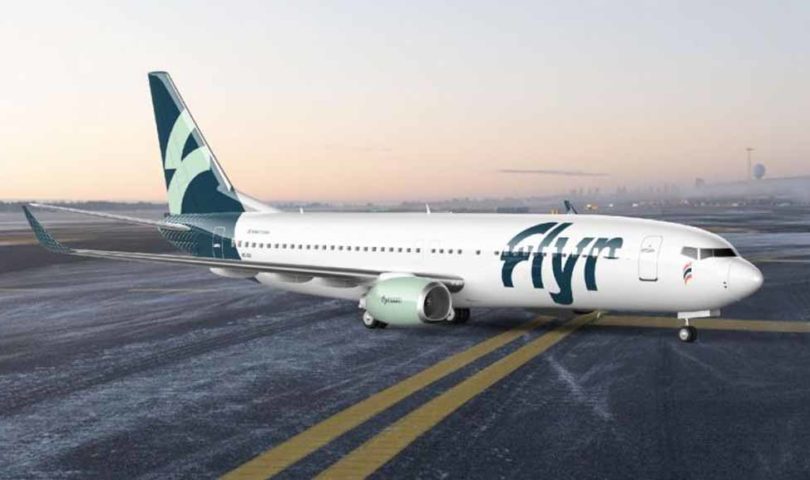Low-cost airline Flyr, which was launched in 2021 with the aim of serving Norway’s well-established domestic market, is in a difficult financial situation after an unsuccessful attempt to raise capital, forcing the Board of Directors to consider alternatives to enable continued operations.
In early November, it emerged that the company planned to raise up to 530 million Norwegian kroner (almost 51 million dollars) in new shares to alleviate a «very strained financial situation». During the third quarter of 2022, Flyr had reported an operating loss of 231.7 million Norwegian kroner on revenues of 610.4 million.
On 10 November, the company announced the successful private placement of 25 billion new shares at a price of 0.01 krone per share. As the company reported at the time, its objective was to raise more capital to pay the European Union Emissions Trading Scheme (EU ETS) fees in April 2023 and to increase its operation during the spring and summer.
The management has since sought alternatives to find a viable long-term solution by strengthening the business plan and obtaining the necessary liquidity to sustain operations, including aircraft and crew leasing options.
Flyr and an uncertain future
However, the share price has traded below expectations since its placing on the market. This week began with steep falls on the Oslo Stock Exchange, reaching 75% at times during today’s trading. As a result, Flyr is in a critical short-term liquidity situation and is going through its most delicate moment since the start of its activities.
«The company and the Board will continue its efforts to explore solutions, including exploring whether there are feasible alternatives to secure continued operations, and will revert with further information as and when appropriate», the company said in a press release. «There is, however, no guarantee that a solution that would create a meaningful shareholder value for the current shareholders will be found», Flyr added.
The airline initially declared its intention to be smaller than other operators and to achieve profitability without having to resort to raising funds in the market, thanks to a low-cash expansion strategy. However, the plan did not work out as planned and the next few weeks will be key to its future.














